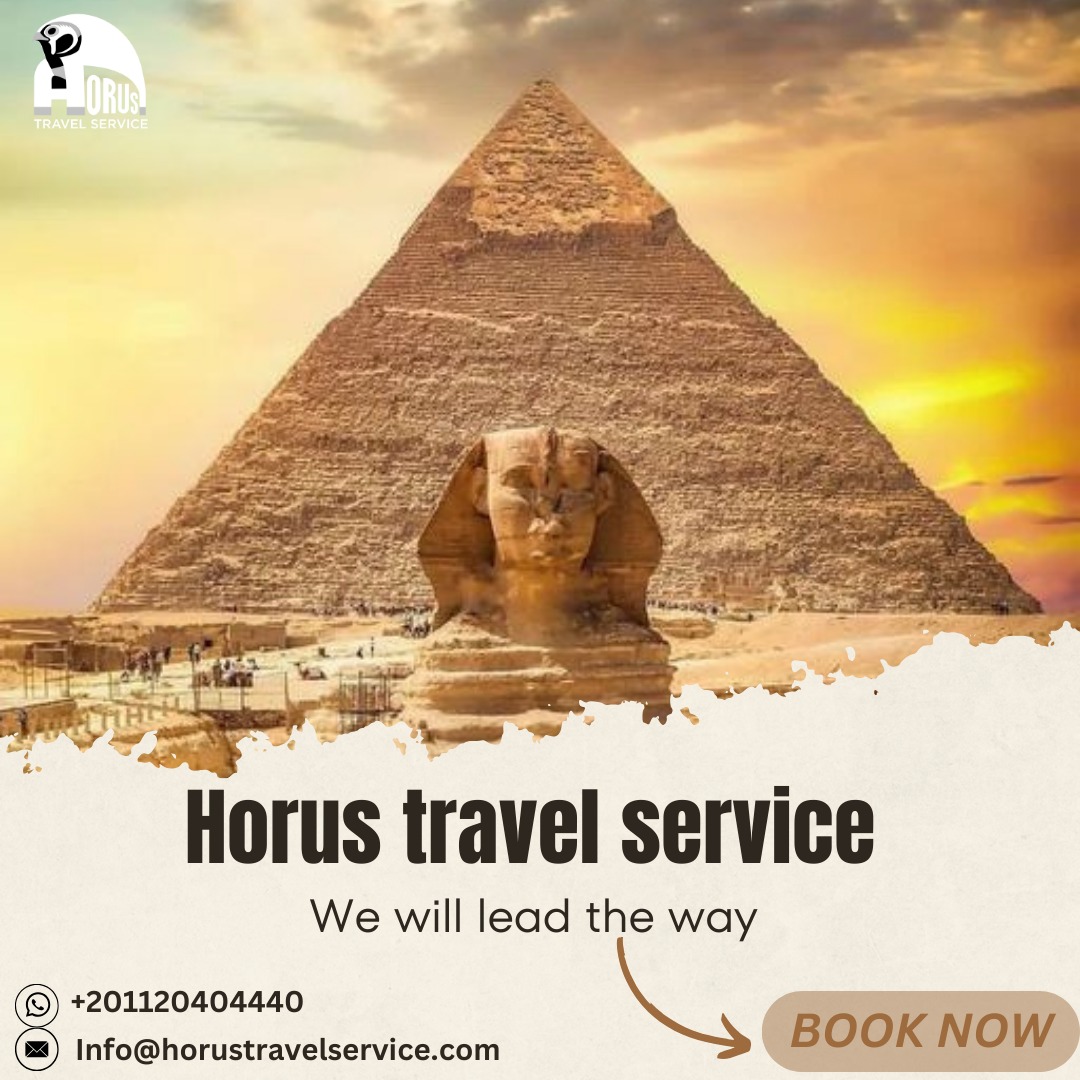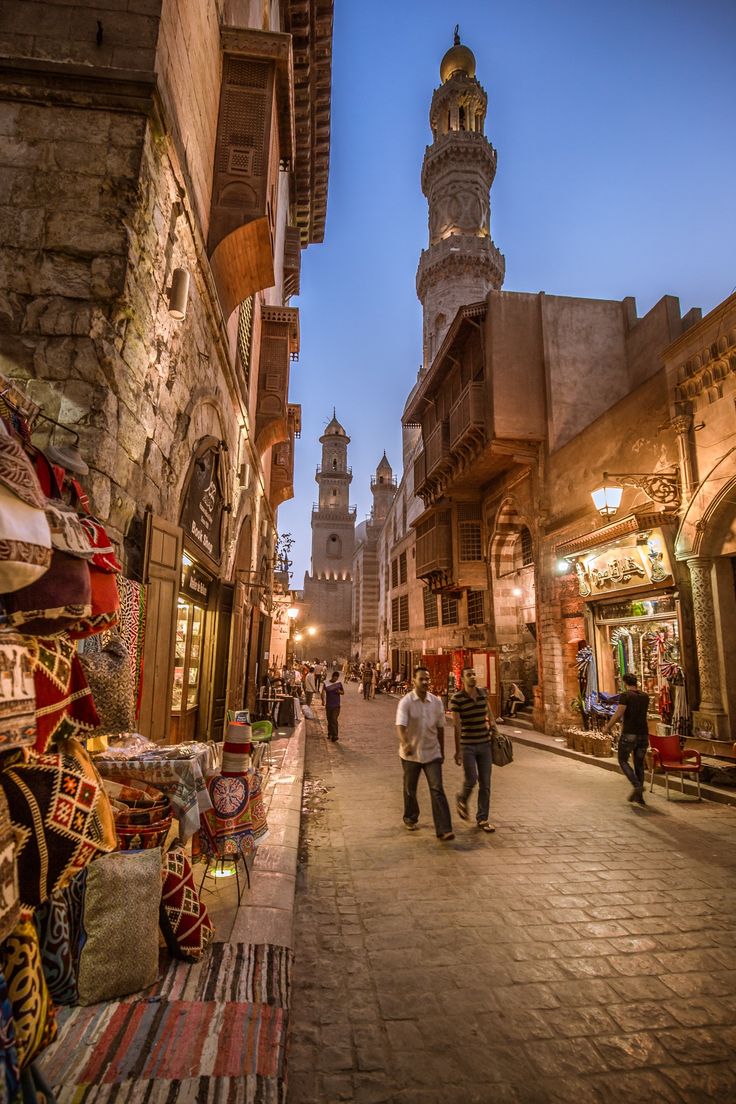

.png)
2024-10-02 09:55:54
Exploring Cairo: A Journey Through Time and Culture
Cairo, the sprawling capital of Egypt, is a city that seamlessly blends history, culture, and the bustling energy of modern life. Every corner of the city tells a story, steeped in over a thousand years of heritage.
Salah El-Din Citadel
Perched on the hills overlooking Cairo, It’s a monumental fortress that has stood for over 800 years. Built by Salah El-Din in the 12th century, it served as a defensive stronghold against the Crusaders and later became the seat of power for Egyptian rulers.
Muhammad Ali Mosque
The Muhammad Ali Mosque is located inside the Salah el-din Citadel.
It’s not only a place of worship but also a symbol of Egyptian nationalism and modernity.
Muhammad Ali Pasha is credited with initiating a series of reforms aimed at modernizing Egypt, and the mosque serves as a reflection of his vision for the country.
The mosque also functions as a mausoleum for Muhammad Ali and members of his family.
The Religious Complex in ancient Egypt
the Cairo Religious Complex is not limited to Islamic architecture like (Amr Ibn Al-Aas Mosqu) . The Coptic Cairo area within the complex, home to the famous Hanging Church and numerous other ancient churches ( Coptic Museum and Mary George Church..) , provides a glimpse into Egypt's rich Christian heritage. The Hanging Church, built atop the remains of a Roman fortress, showcases stunning iconography and preserved artifacts, making it a sacred space for both believers and history enthusiasts.
Adding to this tapestry is the Ben Ezra Synagogue, a symbol of the Jewish community that once thrived in Cairo. With its intricate wooden ceiling and historical significance.
The Egyptian MuseumNo visit to Cairo is complete without a trip to the Egyptian Museum, a treasure trove of antiquities that showcases the rich tapestry of Egypt’s ancient civilization. Located in Tahrir Square, the museum houses over 120,000 artifacts, including the marvels of Tutankhamun’s tomb, ancient mummies, and intricate jewelry adorned with precious stones.
The Museum of CivilizationThe National Museum of Egyptian Civilization (NMEC), located in Fustat, is a groundbreaking addition to Egypt’s cultural landscape.
As visitors walk through the expansive halls of the museum, they are greeted by a vast collection of artifacts that illustrate the evolution of Egyptian culture, art, and daily life. The museum houses over 50,000 artifacts, including the iconic Royal Mummy Hall, where mummies of some of Egypt's most famous pharaohs rest in state. This unparalleled collection creates an immersive experience, allowing people to not just observe, but also feel the weight of history.
Khan El Khalili
Khan El Khalili is not just a shopping destination; it’s an experience. The vibrant atmosphere buzzes with the sounds of merchants hawking their wares and the enticing aromas of street food wafting through the air.
Al-Muizz Street
A stone's throw away from Khan El Khalili lies Al-Muizz Street, an open-air museum that showcases some of the finest examples of Islamic architecture in the world. Named after the Fatimid Caliph Al-Muizz, who brought significant development to Cairo in the 10th century, this historic street is a testament to the city’s rich Islamic heritage

Newsletter
Sign up to receive the best offers


.jpg)

.jpg)
.jpg)
.jpg)
.jpg)
.jpg)
